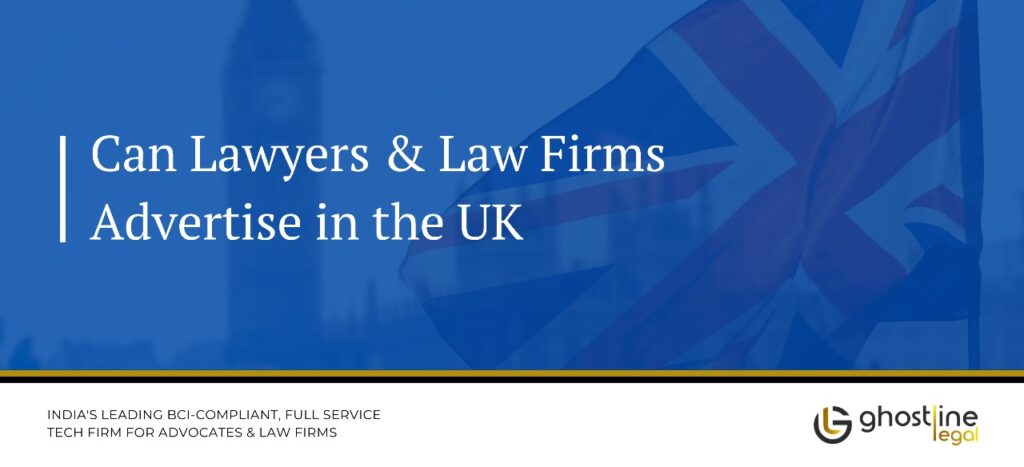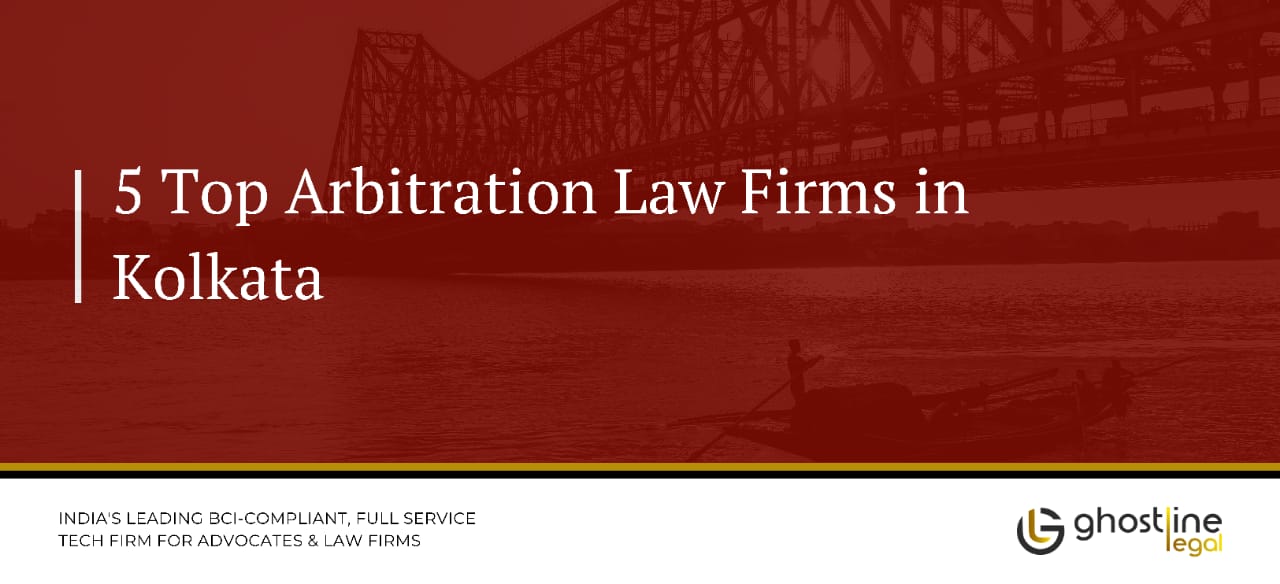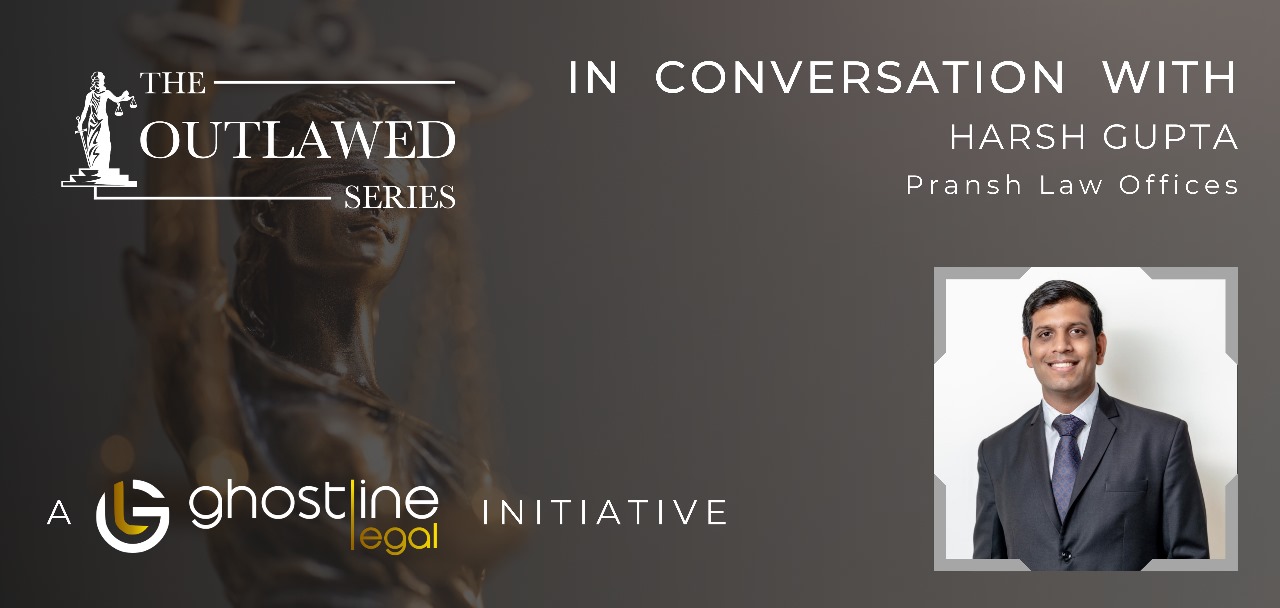Introduction
Historically, the legal professions in European countries frowned upon advertising by lawyers. However, the adoption of the Code of Conduct for Lawyers in the European Union (CCBE Code), which permits lawyer advertising,[1] along with the Lawyers’ Services Directive, the Diploma Directive, and decisions of the European Court of Justice, led many Member States of the European Union (EU) to review the rules of practice and the codes of conduct for their legal professions. As a result, many EU Member States abandoned their traditional rules prohibiting lawyer advertising in favor of permitting some form of advertising by lawyers. The jurisdictions of the United Kingdom (UK) were no exception.
In the UK, lawyers and law firms can advertise, but they have to follow strict rules. These rules make sure that ads are fair and truthful so people can trust what they see. The goal is to keep the legal profession respected and trusted. This article takes a close look at these advertising rules for lawyers and firms in the UK, It explores important court cases and laws that have shaped these rules over time. By following these rules, lawyers and firms can tell people about their services honestly and keep the legal profession’s good reputation intact.
Legislative Provisions
In the UK, some laws control how lawyers and law firms can advertise their services. One important law is the Legal Services Act 2007[2], this law gives power to the Legal Services Board (LSB) to oversee advertising in the legal industry, the LSB sets rules for organizations like the Solicitors Regulation Authority (SRA) and the Bar Standards Board (BSB) which regulate publicity rules of lawyers. The goal of these rules is to make sure that legal advertising is fair and honest. They want to protect the public and make sure that lawyers are doing their job well. These laws aim to make legal advertising clear and transparent so people can trust what they see.
Furthermore, the SRA and BSB codes of conduct outline specific rules and guidelines for advertising by legal professionals. Such as 8.6 to 8.11[3] within the SRA and Rule C15 of the BSB Handbook[4].
These rules also say that ads by lawyers and law firms must be clear, accurate, and honest about things like fees and services offered[5]. If lawyers or firms don’t follow these rules, they could get in trouble and face disciplinary action. The goal is to make sure that people can trust what they see in legal ads and know exactly what they’re getting when they hire a lawyer.
Regulatory Framework
Advertising by lawyers and law firms in the UK is regulated primarily by the Solicitors Regulation Authority (SRA) and the Bar Standards Board (BSB). These regulatory bodies have established codes of conduct that set out the principles and rules governing advertising practices in the legal profession. Key principles of SRA and BSB include the following.
- Transparency and honesty: These are key requirements, obligating solicitors to provide truthful information about their practice areas, qualifications, experience, and fees. Solicitors must refrain from making exaggerated claims about their abilities or success rates, maintaining integrity in their advertising.
- Accuracy and Clarity: Barristers must ensure that all communications, including advertising materials, are accurate, clear, and not misleading. They are prohibited from making statements that could diminish public confidence in the legal profession or bring it into disrepute.
- Approval of Publicity Materials: Certain types of publicity materials, such as websites, brochures, and advertisements, require approval from the BSB before publication or distribution. This ensures compliance with regulatory standards and prevents the dissemination of misleading information.
- Prohibition of Self-Laudatory Statements: Barristers cannot make exaggerated claims about their abilities, expertise, or success rates in their publicity materials. Instead, they should provide accurate and relevant information about their areas of practice, qualifications, and experience.
- Transparency in Fees and Services: Barristers must be transparent about their fees and services, including pricing structures, payment methods, and additional costs or expenses. This transparency ensures that clients are fully informed about the financial aspects of engaging their services.
- Avoidance of Comparison: Barristers should refrain from directly comparing with other barristers in their publicity materials. This includes avoiding disparaging remarks about competitors and instead focusing on promoting their qualifications, expertise, and unique selling points.
- Compliance with Data Protection Laws: Barristers must comply with data protection laws when collecting, storing, and using personal data for marketing purposes. This includes obtaining consent from individuals before sending marketing communications and ensuring secure management and protection of data.
Case Law
Over time there have been important court cases that have influenced how lawyers and law firms can advertise in the UK. One such case is ‘Hetherington & Others v The Law Society'[6], in this case, the court decided that ads by solicitors should not be misleading or bring down the reputation of the legal profession. This case set a standard for high ethical behavior in advertising ensuring that the legal profession maintains its integrity.
Another significant case is ‘R v The Advertising Standards Authority ex parte Law Society'[7], this case focused on whether the Advertising Standards Authority (ASA) had the power to regulate ads by solicitors. The court ruled that the ASA could regulate solicitors’ advertisement decisions and highlighted the importance of external oversight in making sure that advertising rules are properly followed.
Conclusion
Advertising rules are really important for keeping the legal profession trustworthy and respected in the UK. Lawyers and law firms can advertise their services but they have to follow strict rules set by organizations like the SRA and BSB, these rules make sure that ads are honest and don’t mislead people.
The laws are all about making sure that lawyers are ethical and that people’s interests are protected when they are looking for legal help. Following these laws helps lawyers and firms to tell people about their services fairly and honestly while making sure the legal profession keeps its good reputation intact.










